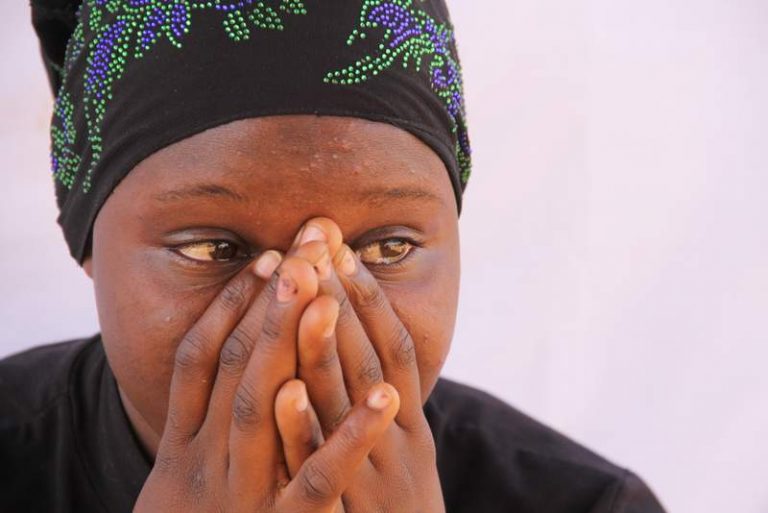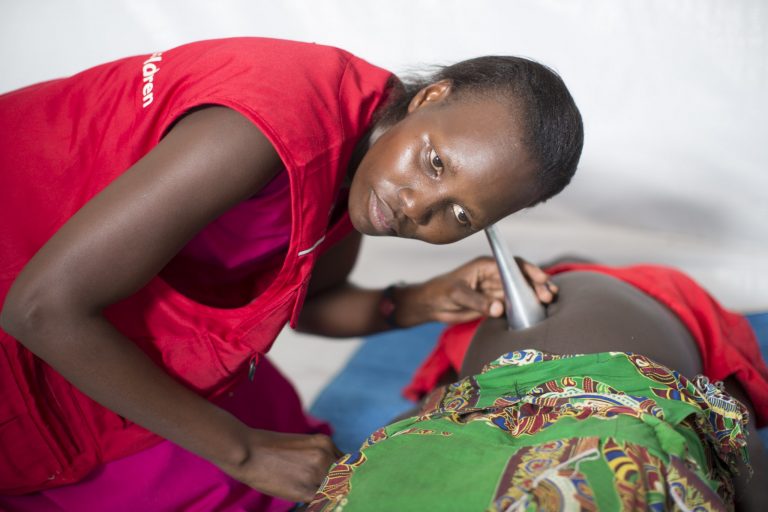Training nurses for improved neonatal care in Haiti
By Alka Dev In 1804, Haiti defeated its French colonizers to become the first Black nation to gain independence due to a large and successful slave rebellion. While the country was free to promote human rights, universal citizenship, and participation in government, development in Haiti has been a broad challenge....
Read More


